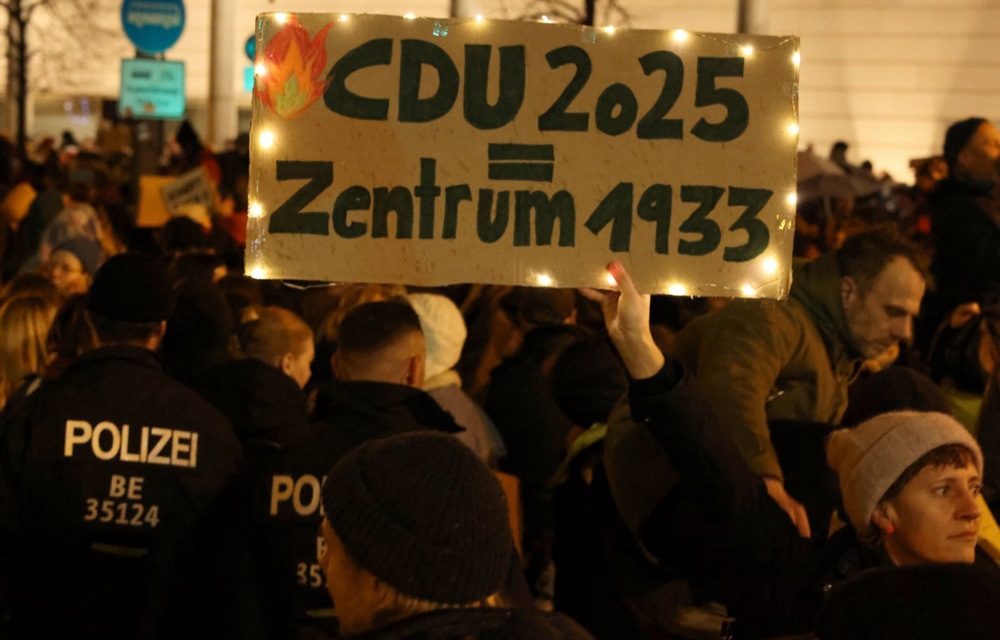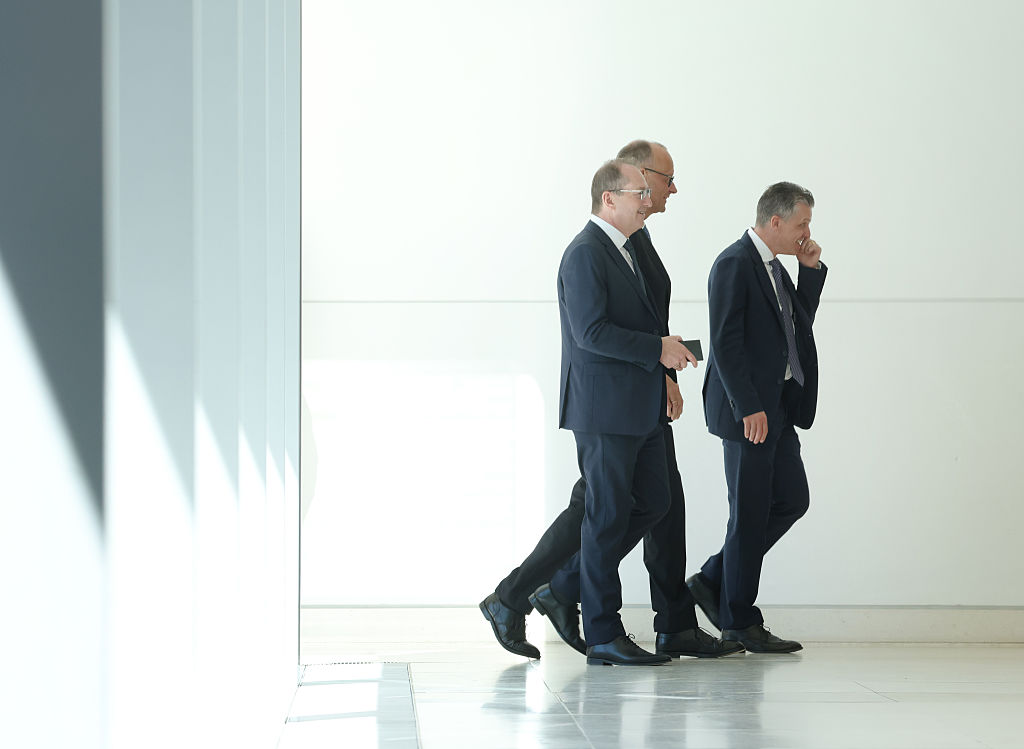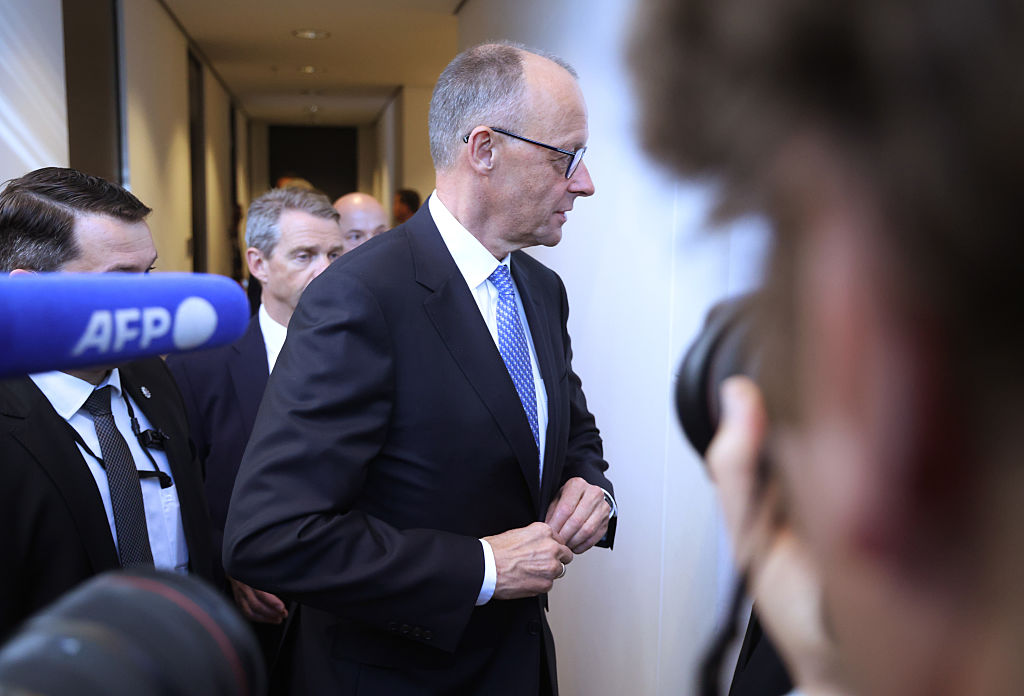German Chancellor Friedrich Merz has linked the rise in anti-Semitism in his country to mass migration over the past decade.
For Merz, anti-Semitism represented a “terrible challenge” for Germany.
“We have a sort of imported anti-Semitism with this big number of migrants we’ve had over the last 10 years. We have to tackle this, we have to resolve the problem,” Merz told Fox News during his state visit to the US on June 5.
His comments marked one of several occasions where he has implicitly criticised past immigration policies, particularly those associated with former Christian Democratic Union (CDU) chancellor Angela Merkel, who opened Germany’s borders to a large number of refugees in 2015.
On June 4, Merz’s Government announced a legislative plan to ease the process of designating certain migrant countries of origin as “safe”.
The move was designed to curb asylum applications by removing the requirement for parliamentary approval to do so.
Merz”s latest statements were made in the wake of a recent report by the Federal Association of Departments for Research and Information on Anti-Semitism (RIAS).
That found anti-Semitic incidents were on the rise across German society: Left-wing, right-wing and Muslim communities.
The CDU has previously referred to “imported anti-Semitism,” a phrase critics argued risked fuelling Islamophobia and deflecting attention from domestic sources of anti-Semitism.
The party’s’ campaign for the 2025 snap election vowed to “fight the enemies of the German state” and proposed to close mosques where hatred and anti-Semitism were preached, stating: “Islamism is not above the law.”
These debates intensified as the February ballot neared, where Germany’s historical links with anti-Semitism and Nazism faced renewed scrutiny.
The situation was further stirred up by comments from US billionaire Elon Musk, who criticised what he called Germany’s culture of “guilt,” suggesting it may prevent the country from moving forward.
Anti-Semitic incidents – ranging from derogatory remarks to brutal physical violence and arson – soared to almost 9,000 in Germany last year. https://t.co/ZBdDGgvuNA
— Brussels Signal (@brusselssignal) June 5, 2025





